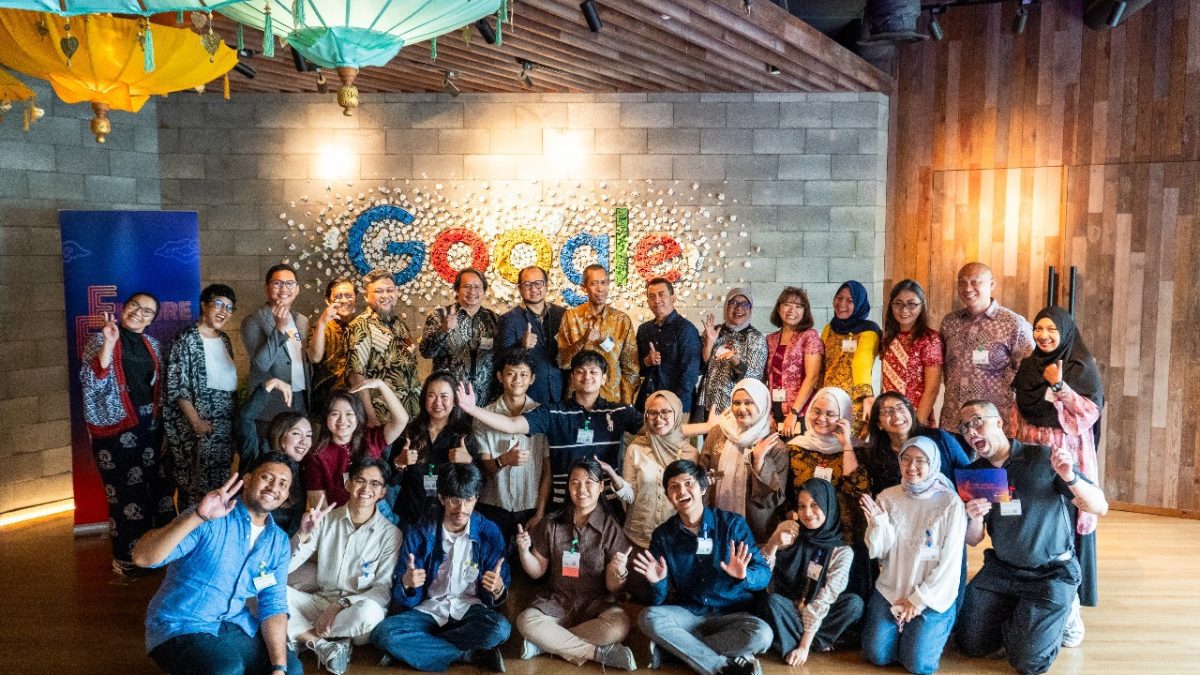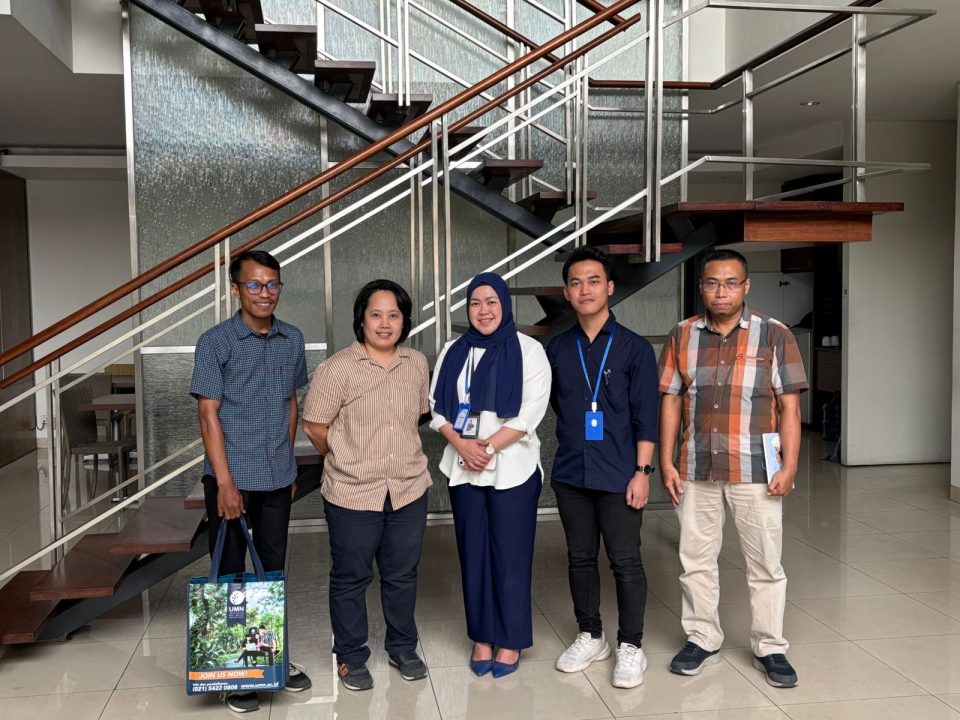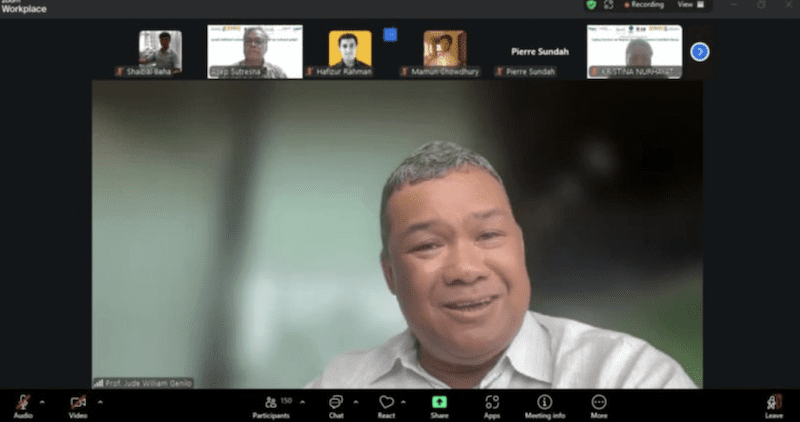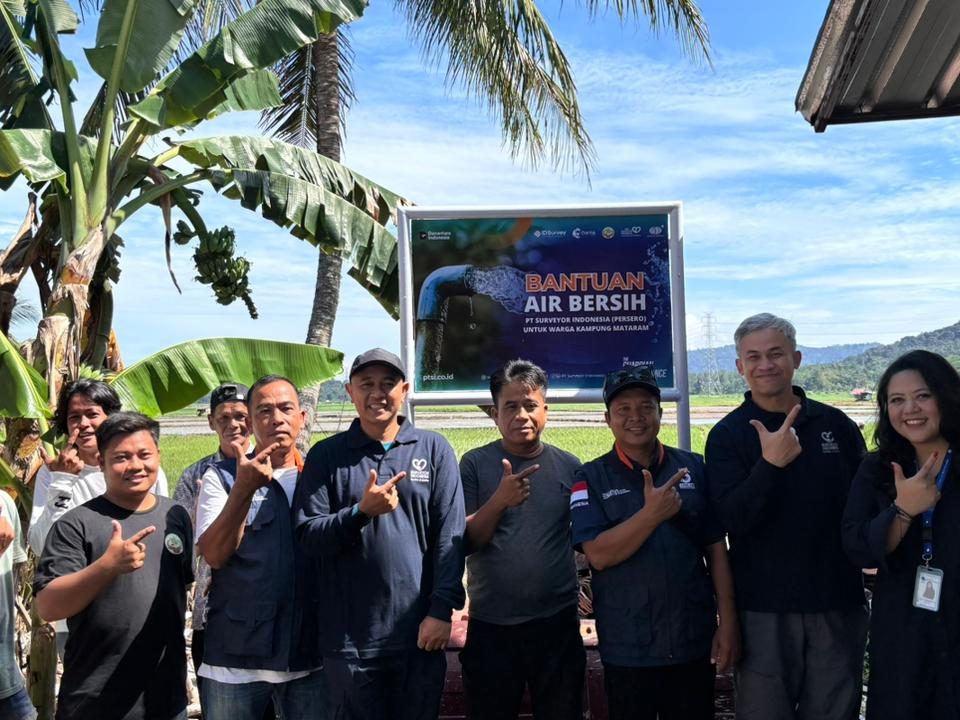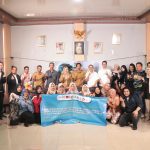
UMN Encourages Cirarab Village Community Through Training and Digital Promotion Via The PKM Dikti Grant
September 26, 2025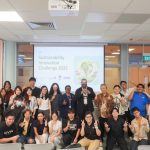
Skystar Ventures UMN Promotes Impactful Innovation Through The 2025 Sustainability Innovation Challenge
September 26, 2025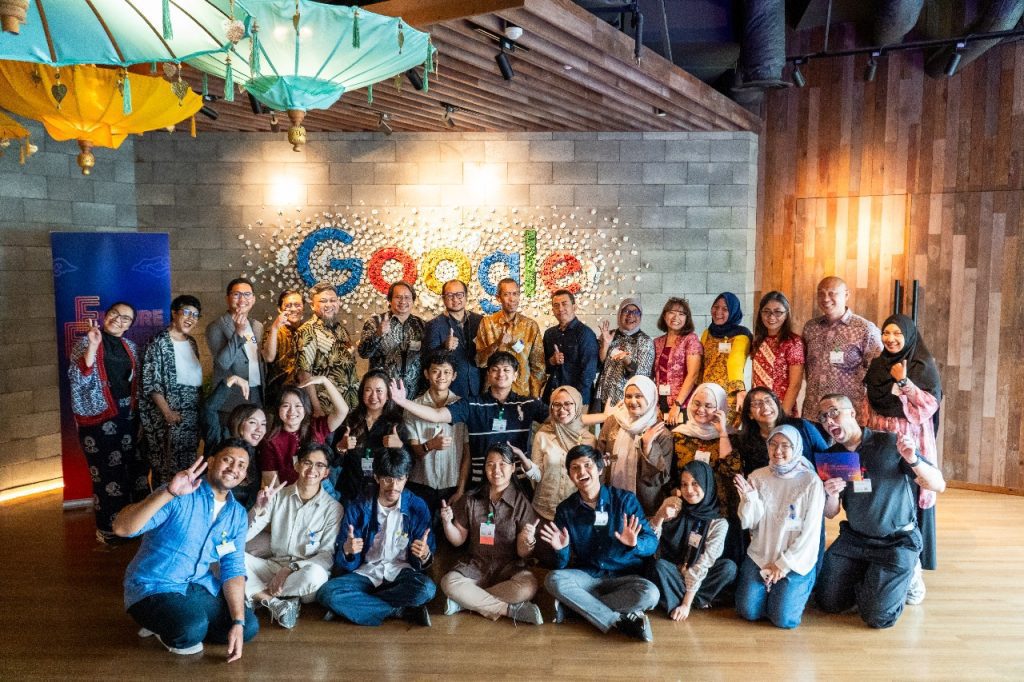
(Doc. Irwan Fakhruddin)
Jakarta, September 24, 2025 — A new report titled “Youth Voices on the Future of AI in Indonesia” has been released. This report synthesizes insights from a series of workshops for students on the future of artificial intelligence (AI). The “Future Feature” program is a collaboration between Love Frankie and Think Policy involving students from the University of Indonesia (UI), Bina Nusantara University (BINUS), and Universitas Multimedia Nusantara (UMN) in dialogue with various stakeholders, including representatives from the government and civil society organizations. The event was held at the Google Indonesia Office.
Workshop Highlights and Student Insights
This report, an executive summary of the workshop, reveals that participating students, aged 18 to 21, have a cautious but optimistic view of AI. Although they initially had mixed feelings—ranging from enthusiasm to caution—their confidence in using AI tools increased significantly after the workshop. Most students already had prior experience with AI tools, with 92% reporting they had used ChatGPT and 72% having used Gemini.
Students mostly viewed AI as a useful “productivity tool” or “second brain” for coding, research, translation, and business analysis tasks. Most students—53%—see AI primarily as a tool to increase productivity, while only 8% see it as a threat to jobs. This is consistent with the finding that 59% of students believe AI will change jobs rather than eliminate them. However, students emphasized that human skills, such as judgment, creativity, and emotional nuance, remain essential and cannot be replaced by AI.
Policy and Governance Recommendations
The report highlights that Indonesian youth are not only concerned about the ethical implications of AI, but also eager to contribute to its governance. The main concerns expressed by students include a lack of regulation (47%) and low public awareness (35%). In response, they have put forward several key recommendations for policymakers:
Strengthen AI Governance and Regulation: Students call for enacting clear, human-centered national AI regulations that address privacy, copyright, transparency, and accountability. They also suggest establishing a cross-ministerial AI ethics oversight body and aligning with global best practices.
Improving AI Education and Digital Literacy: Recognizing the need for a more informed society, students recommend integrating AI ethics into formal curricula and equipping educators to become “AI literacy champions.” They also emphasize the need for a national public awareness campaign to explain the benefits and risks of AI.
Creating an Inclusive and Ethical AI Ecosystem: Proposals were made to invest in digital infrastructure, especially in 3T (underdeveloped, frontier, and outermost) areas, and to make AI tools more equitable and affordable for students and creative workers.
Actively Involving Youth in Policy Making: 98% of students believe youth should play a stronger role in shaping AI policy. They propose creating formal channels for participation and making youth co-creators of AI policy, for example, through youth internships at regulatory agencies and the formation of a Youth AI Council.
This report is an essential guide for stakeholders to interact with the next generation of digital leaders and address the challenges and opportunities brought by AI in Indonesia.
Event Highlights and Delegates
The AI Policy Roundtable Discussion, the highlight of the “Future Feature” program, was held on Thursday, September 18, 2025, from 8:30 a.m. to 12:45 p.m. WIB at the Google Indonesia Office located at Pacific Century Place Tower, 45th Floor, South Jakarta. This event brought together various stakeholders, including students and academics from the University of Indonesia, Bina Nusantara University, and Universitas Multimedia Nusantara.
Among the delegates were UMN students selected as Youth Ambassadors: Jesslyn Tjandra Kristanto, Rafaela Janice Pingkan Assa, and Lukas Chriswahyudi. Irwan Fakhruddin, Deputy Chair of the Communication Studies Program at Multimedia Nusantara University, accompanied them.
Government representatives from the Ministry of Communication and Digital Affairs, the Ministry of Higher Education, Science, and Technology, and the Coordinating Ministry for Human Development and Culture were also present. ICT Watch and Japelidi represented civil society.
The findings and proposals from this event are evidence of the students’ commitment to shaping a future where AI serves as a tool for national development, guided by ethical principles and shared responsibility.
Media Contact:
Irwan Fakhruddin [email protected]
English translation by Levina Chrestella Theodora
Kuliah di Jakarta untuk jurusan program studi Informatika| Sistem Informasi | Teknik Komputer | Teknik Elektro | Teknik Fisika | Akuntansi | Manajemen| Komunikasi Strategis | Jurnalistik | Desain Komunikasi Visual | Film dan Animasi | Arsitektur | D3 Perhotelan , di Universitas Multimedia Nusantara.

